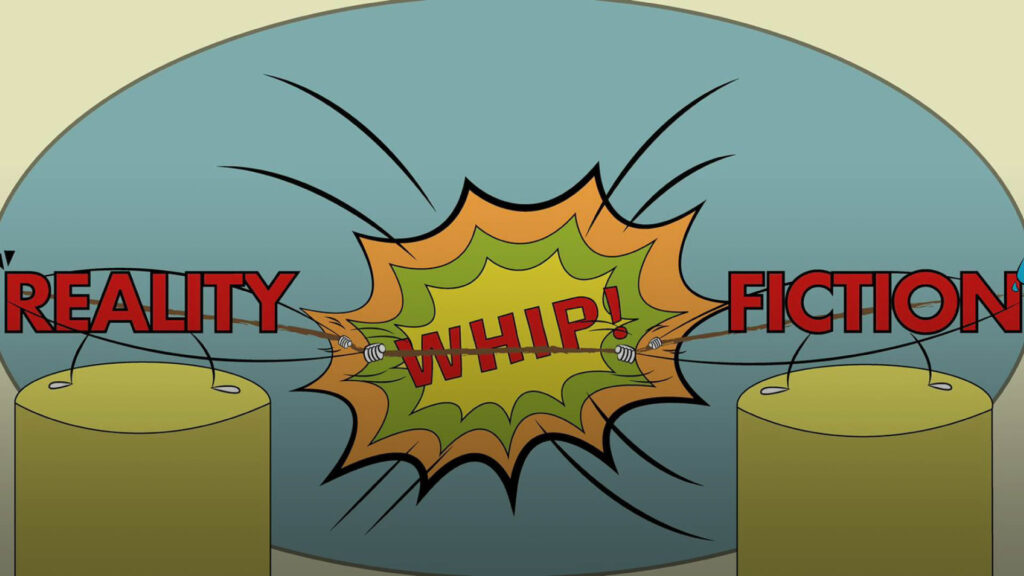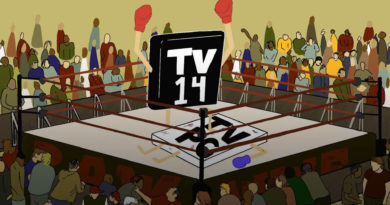Professional Wrestling’s Blurred Lines: What Is Too Far?
The dramatic world of professional wrestling is synonymous with irony.
A combat sport with predetermined results and episodic storylines produces the most backstage beef between talent—the universe’s way of reminding us that life imitates art.
And yet, instead of handling their real-life issues diplomatically, wrestlers allow them to seep into on-screen rivalries to create the most volatile work environment on the face of the Earth.
We should be asking ourselves whether this is morally right.
However, when it comes to mankind and its need to be entertained, there is no regard for human resources’ approval.
Wrestling companies provide a toxic combination of reality and fiction, with varying degrees of impact on the company itself. Because ultimately, that is where the pondering begins: Is this hands-off approach best for business?
The answer is more complicated than you might think.
World Wrestling Entertainment’s Survivor Series pay-per-view in 1997 is exhibit A. The genuine hatred between Shawn Michaels and Bret Hart in the main event was palpable. Hart was not willing to lose the championship to Michaels that night, especially not in his home country of Canada.
With WWE facing pressure from the rival organization, World Championship Wrestling, and no guarantee from Bret that he would surrender the title, owner and chief executive officer Vince McMahon made the controversial decision of breaking “kayfabe” (the staged performance) and forcefully giving Michaels the belt through executive order. That created what is known as the infamous “Montreal Screwjob.”
But instead of allowing the situation to derail the company’s viewership, McMahon utilized the setback as part of the WWE mythos, simultaneously creating his own persona as the Kafkaesque ruler of the wrestling business.
What transpired next was the biggest boom in the business’s lifespan since the sports’ 80s golden age and the “Attitude Era” was in full effect. In an illogical turn of events, the wrestling juggernaut was rewarded for playing stupid games and was rewarded.
Fast-forward to the current day, and to no one’s surprise, history has repeated itself.
All Elite Wrestling, the fledgling organization hoping to establish itself as the industry’s new top dog, has recently been engulfed in a flaming ball of controversy and a real-life spectacle, leading to the suspension of many of its top stars and casting a dark cloud on the company’s locker room.
Regardless, this hasn’t deterred fans from tuning in to the Wednesday program and raising ratings.
Professional wrestling is a paradox.
When wrestlers decide to air their qualms on live television, fans become more invested, but the company hurts on the inside—unless it doesn’t.
Both can be right, and that’s what makes it such an anomaly. The beauty of the performance is how little sense it makes.
Like many of life’s intricacies, sometimes the best thing we can do is sit back and revel in the madness.




